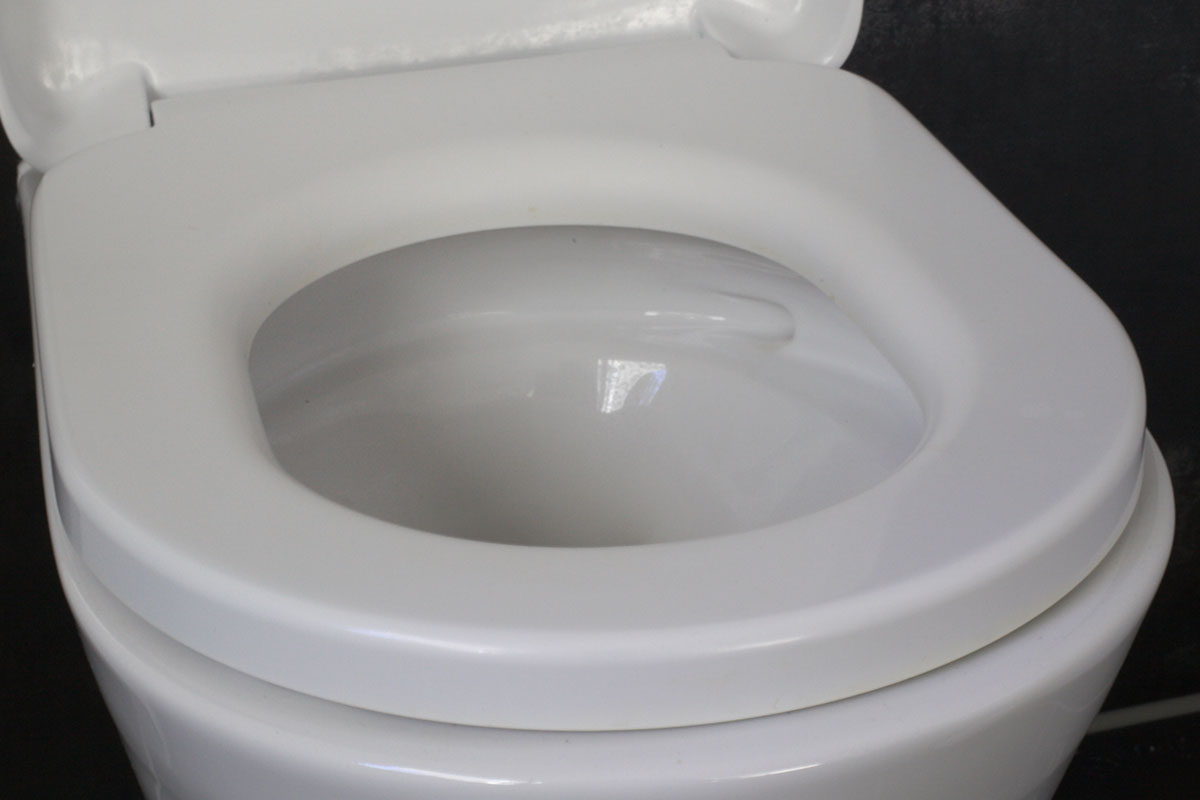
Floating stools
When we eat, the foods pass through the digestive tract in order to be digested. After the digestion, the waste materials are moved to the large intestine, where the bacteria convert the waste material into the feces. The feces are then ejected through the anus. The waste products of the digestion are actually called stools. In a healthy person, stools are light brown in color and have a consistency of, for example, toothpaste. Furthermore, it is ejected without any strain. However, when stools show some change in color or consistency, it is a warning sign of some digestive tract disorder or disease. Floating stools is a condition that may indicate various digestive system problems.
Causes of floating stools
Even though every person knows that changes in stool color or consistency are usually related to some health problem, he/she usually consults a doctor when this condition is accompanied by some othersymptoms. When one suffers from a disorder or disease, the doctors usually order stool test in order to diagnose certain suspected diseases. Floating stools are usually associated with various medical conditions, especially with digestive system disorders and diet.
When one gets affected with a gastrointestinal infection due to bacteria or viruses, floating stools accompanied by diarrhea usually occurs.When there is an excess amount of gas in the intestine, floating stools may appear. The excessive gas in the intestine is usually caused by a gastrointestinal infection or change in the diet. Floating stools with diarrhea may also be caused by malabsorption of the fats and nutrients.There are many medical conditions that are responsible for the occurrence of floating stools. For example, short bowel syndrome is a gastrointestinal disorder, which makes the good absorption of nutrients unable.Furthermore, cystic fibrosis is also considered to be a potential cause for floating stools, since this condition leads to the buildup of mucous in the lung, as well as in the digestive tract.The people who suffer from celiac disease or lactose intolerance may also experience floating stools. Celiac disease is the condition when the body is unable to break down the protein gluten. On the other side, lactose intolerance is the condition when the body is not capable to produce the enzyme lactose, which is necessary for breaking down of lactose or milk sugar.Biliary atresia is a congenital disorder, which may also cause floating stools. This congenital disorder causes the blockage in the ducts that carry bile from the liver to the gallbladder.











_f_280x120.jpg)




Your thoughts on this
Loading...